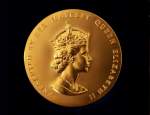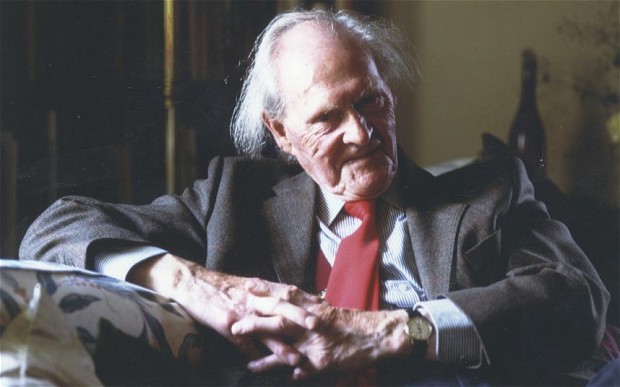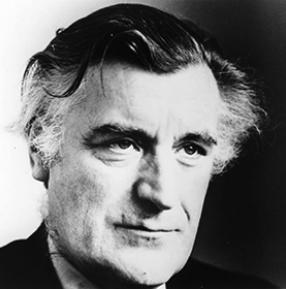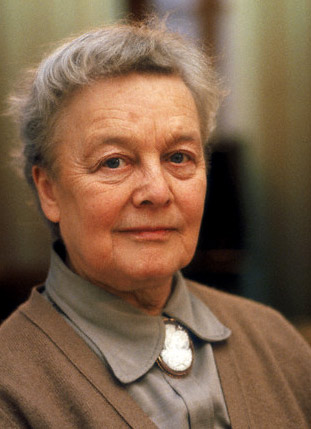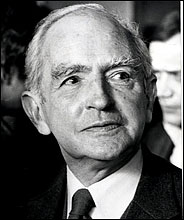Norman Cornthwaite Nicholson The Queen's Gold Medal for Poetry Awarded In 1977
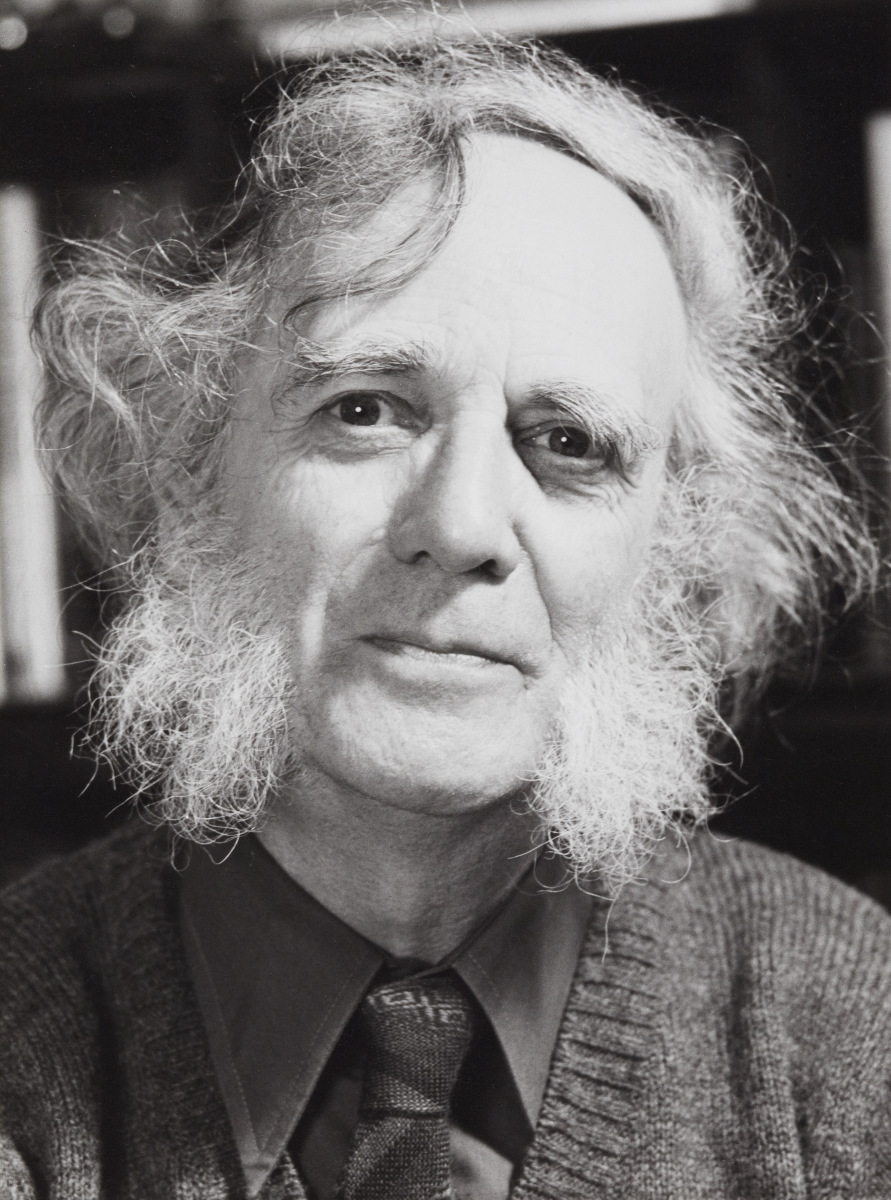
Norman Cornthwaite Nicholson
Award Name : The Queen's Gold Medal for Poetry
Year of Award : 1977
Award for : Literature
Location : London, England, United Kingdom
Norman Cornthwaite Nicholson was an English poet, known for his association with the Cumbrian town of Millom. His poetry is noted for its local concerns, straightforwardness of language, and inclusion of elements of common speech. Although chiefly known for poetry, he also wrote many works in other forms: novels, plays, essays, topography and criticism. Norman Cornthwaite Nicholson was born on 8 January 1914, at 14 St George's Terrace in the small mining town of Millom in Cumbria. He was educated at local schools and remained all his life. He was a schoolteacher for many years before becoming a full-time writer.
Nicholson first attracted notice as a poet when his work appeared alongside poetry by J. C. Hall and Keith Douglas in Selected Poems (1943). Five Rivers (1944), his first independent collection, was followed by numerous further volumes which include Rock Face (1948), The Pot Geranium (1954), A Local Habitation (1972), in which freer verse-forms emerge in his work, and Sea to the West (1981). His distinguished career brought him many honours, including the Heinemann Prize for Poetry in 1945, the Cholmondeley Award for Poetry in 1967, the Queen's Gold Medal for Poetry in 1977, honorary degrees from various universities and in 1981 the Order of the British Empire. A poet, dramatist, novelist, critic, biographer, and topographer, Nicholson was a writer in the broadest sense. He was also a provincial writer in the most positive sense of the term, and a sense of the physical and human environment of Cumbria permeates his work. He died on 30 May 1987 in Whitehaven and is buried in St George's Churchyard, Millom.
